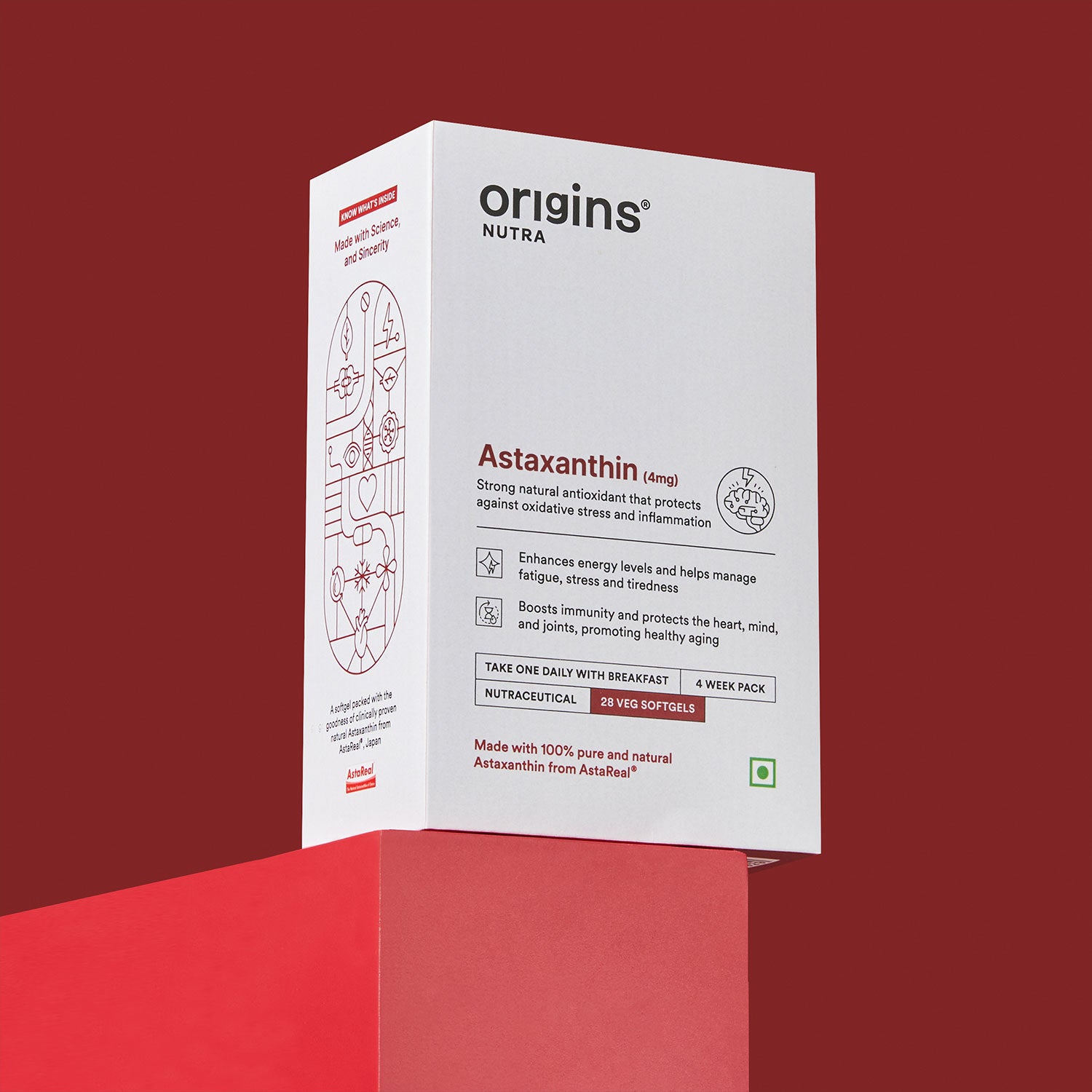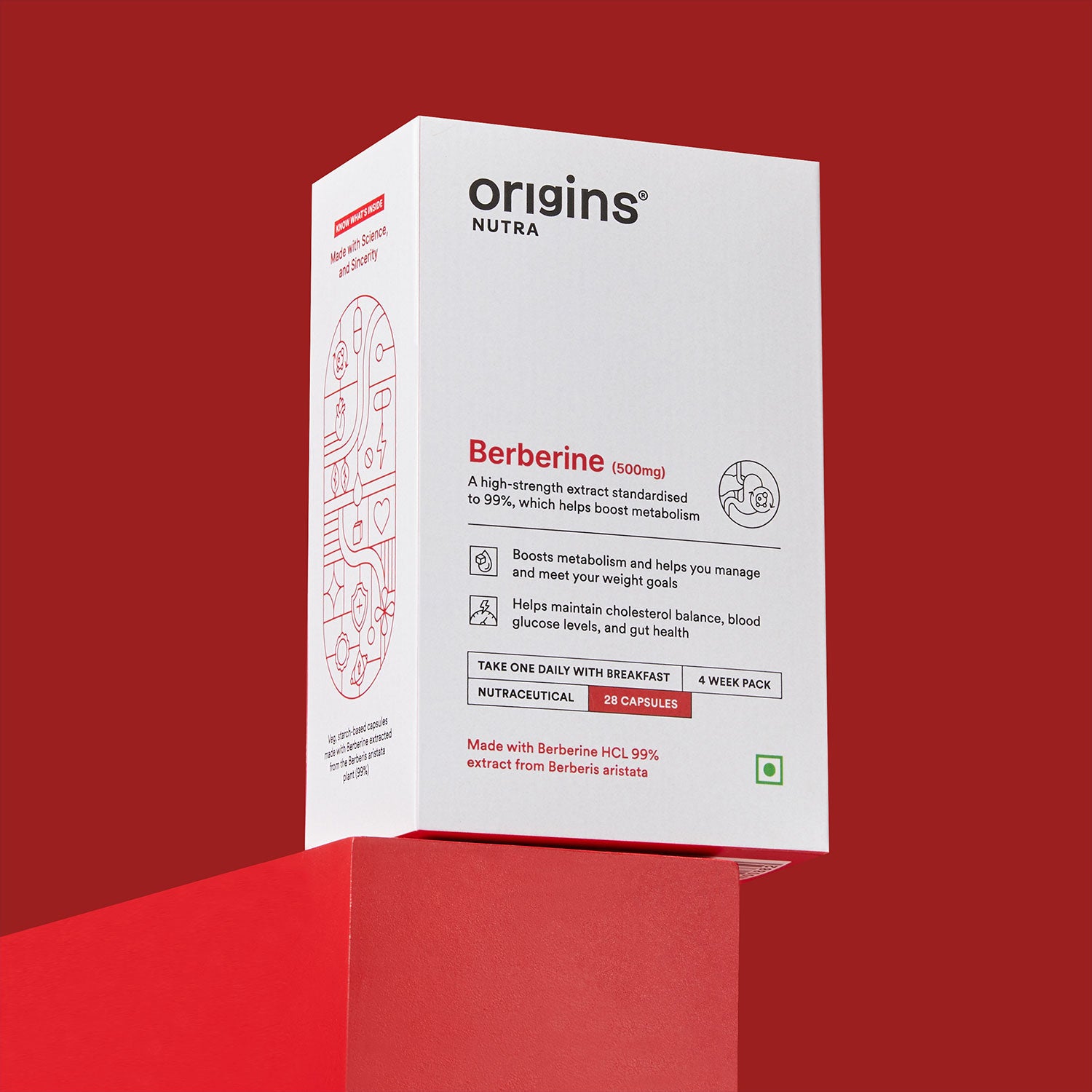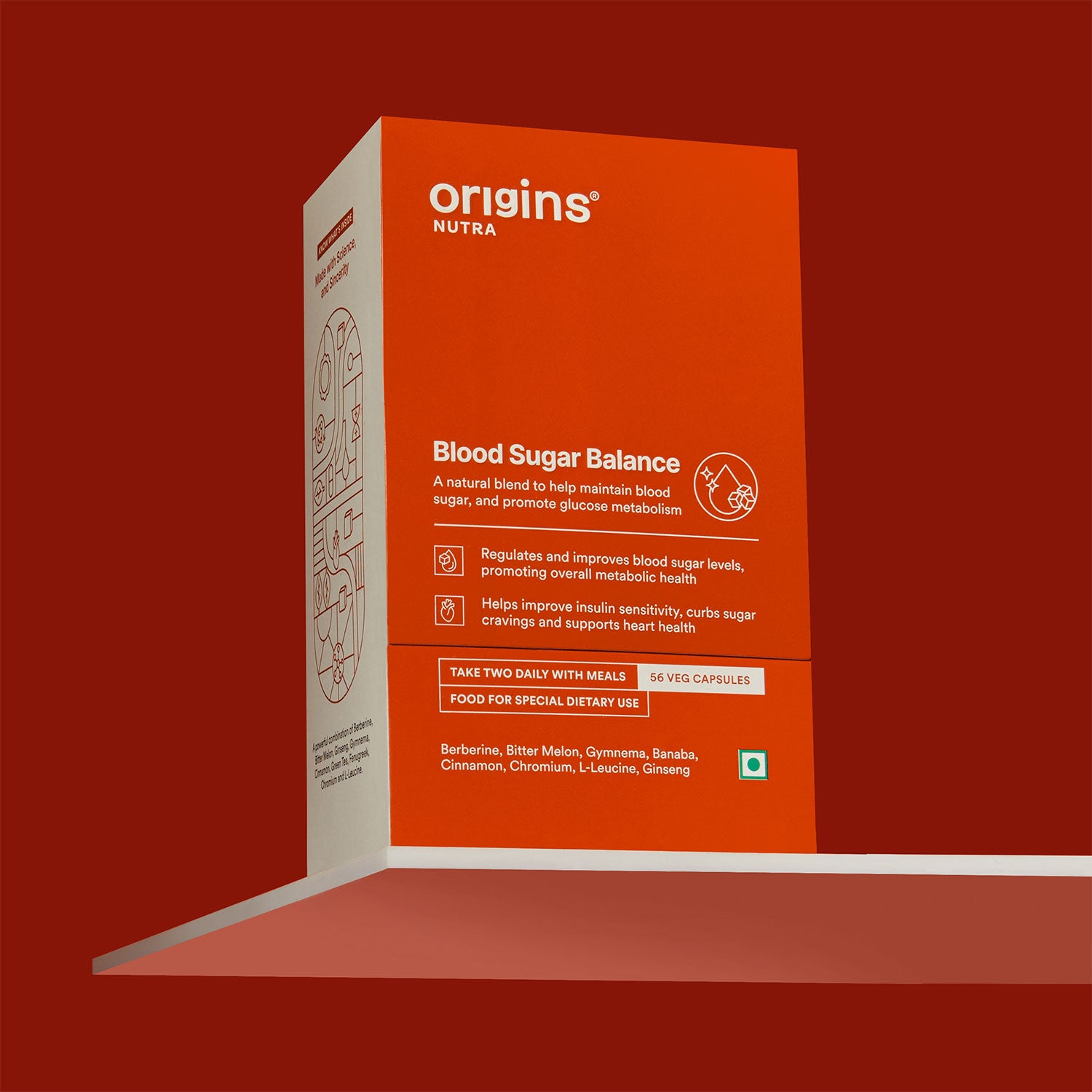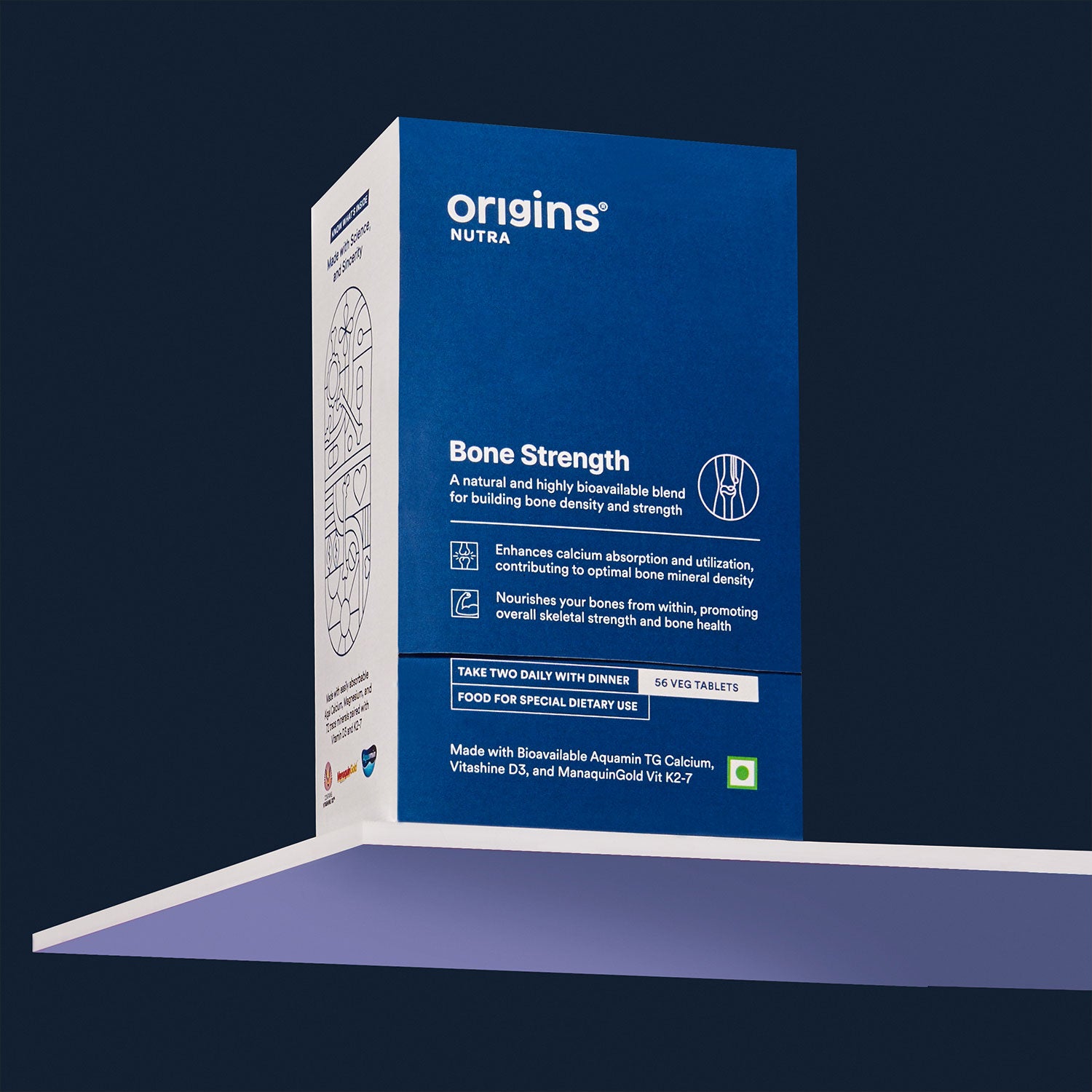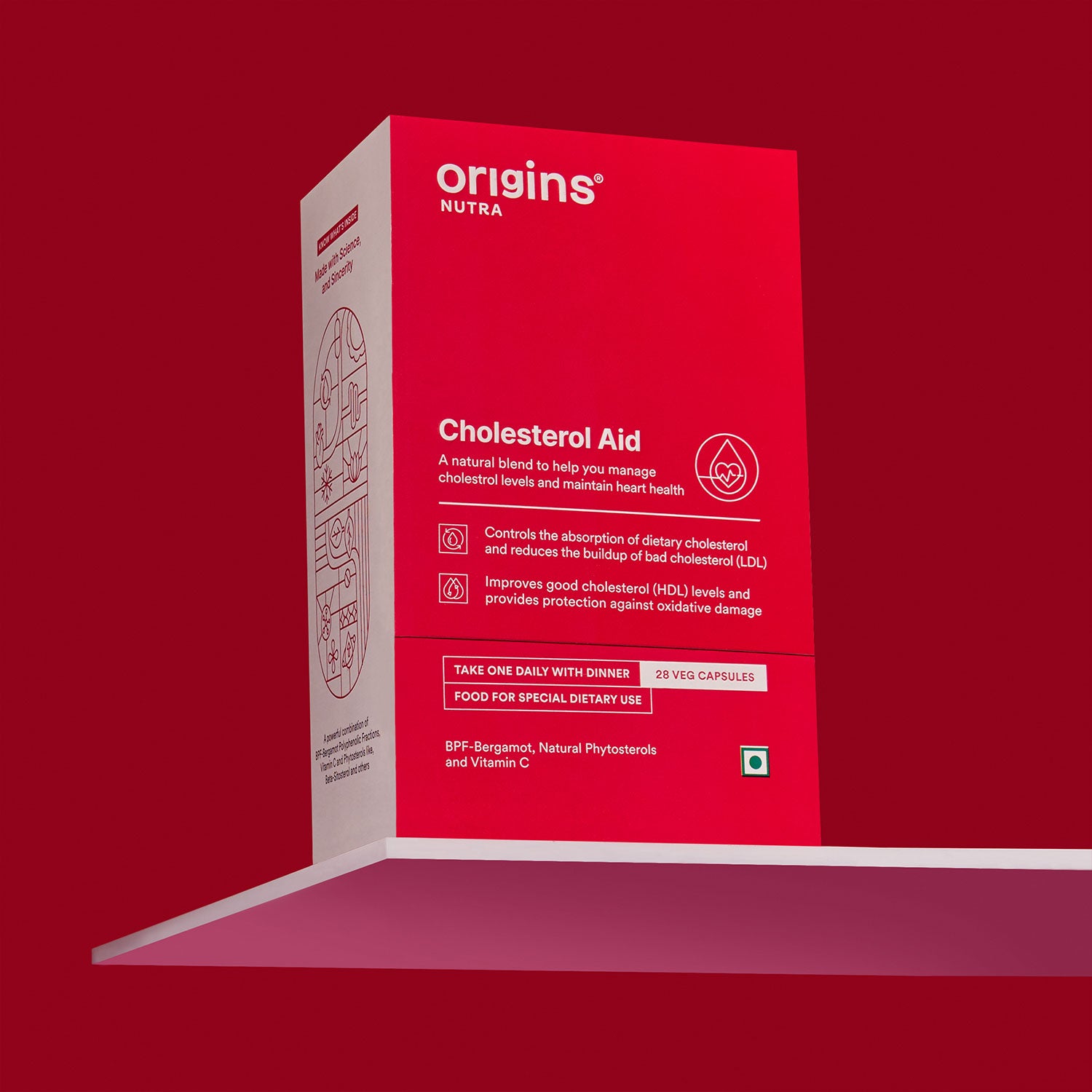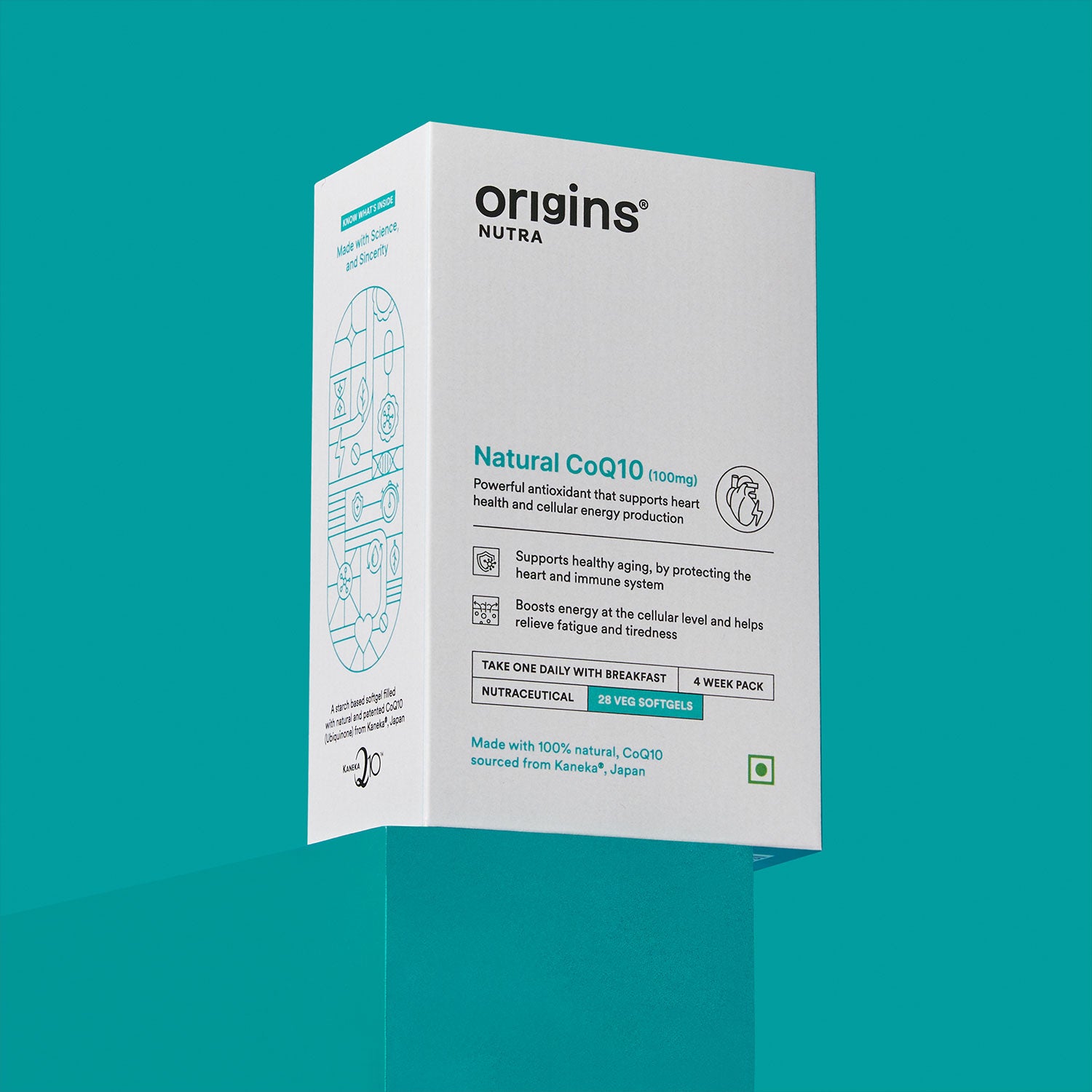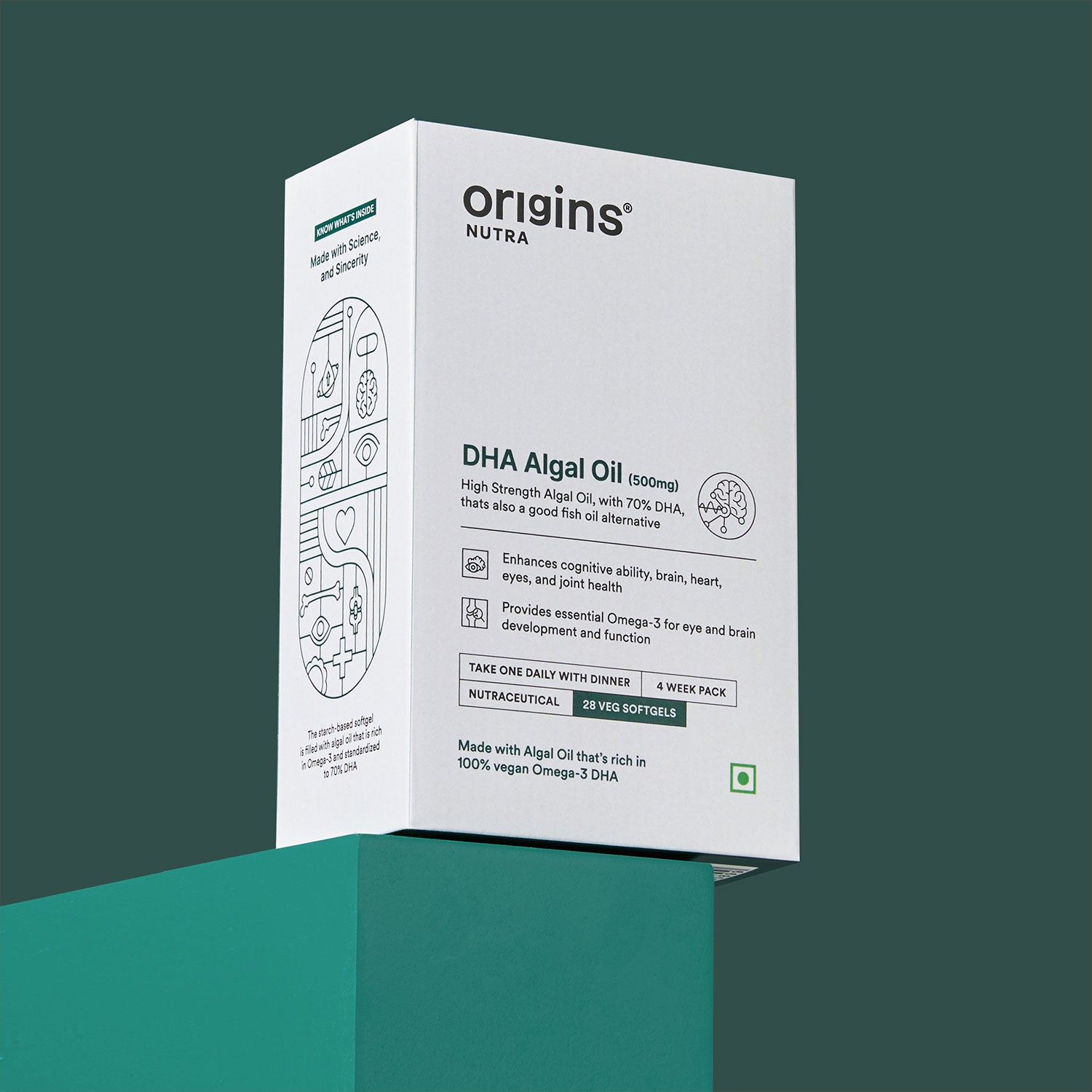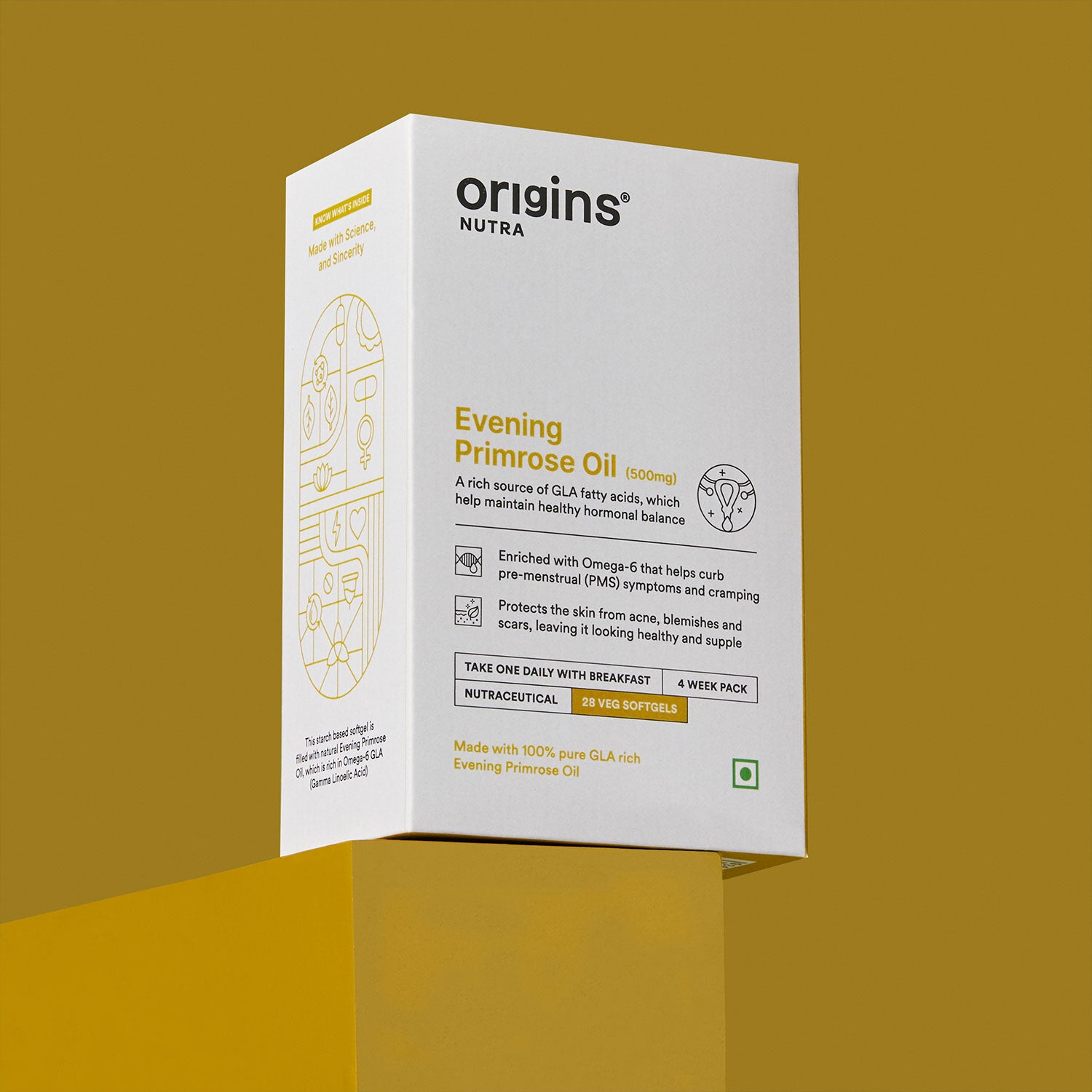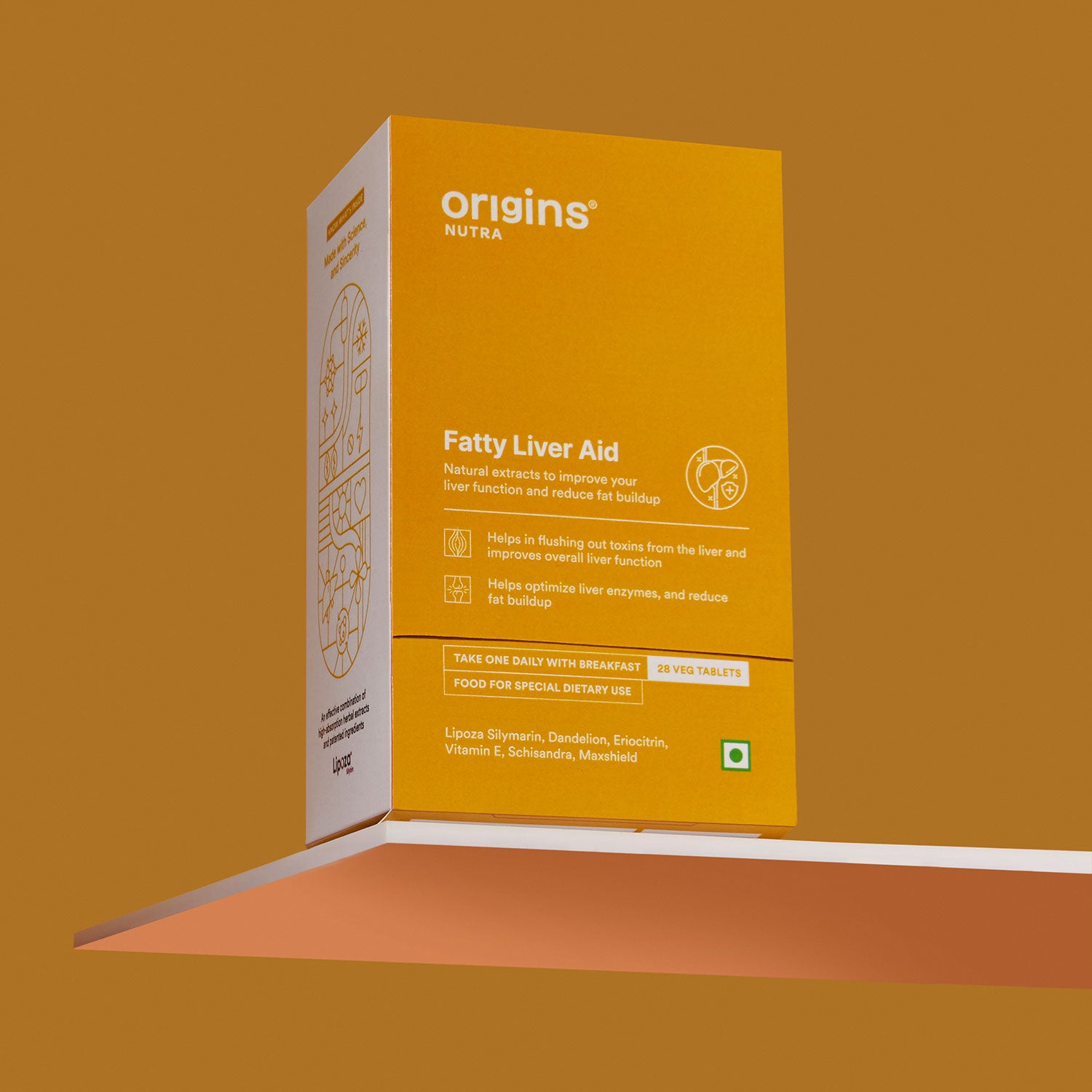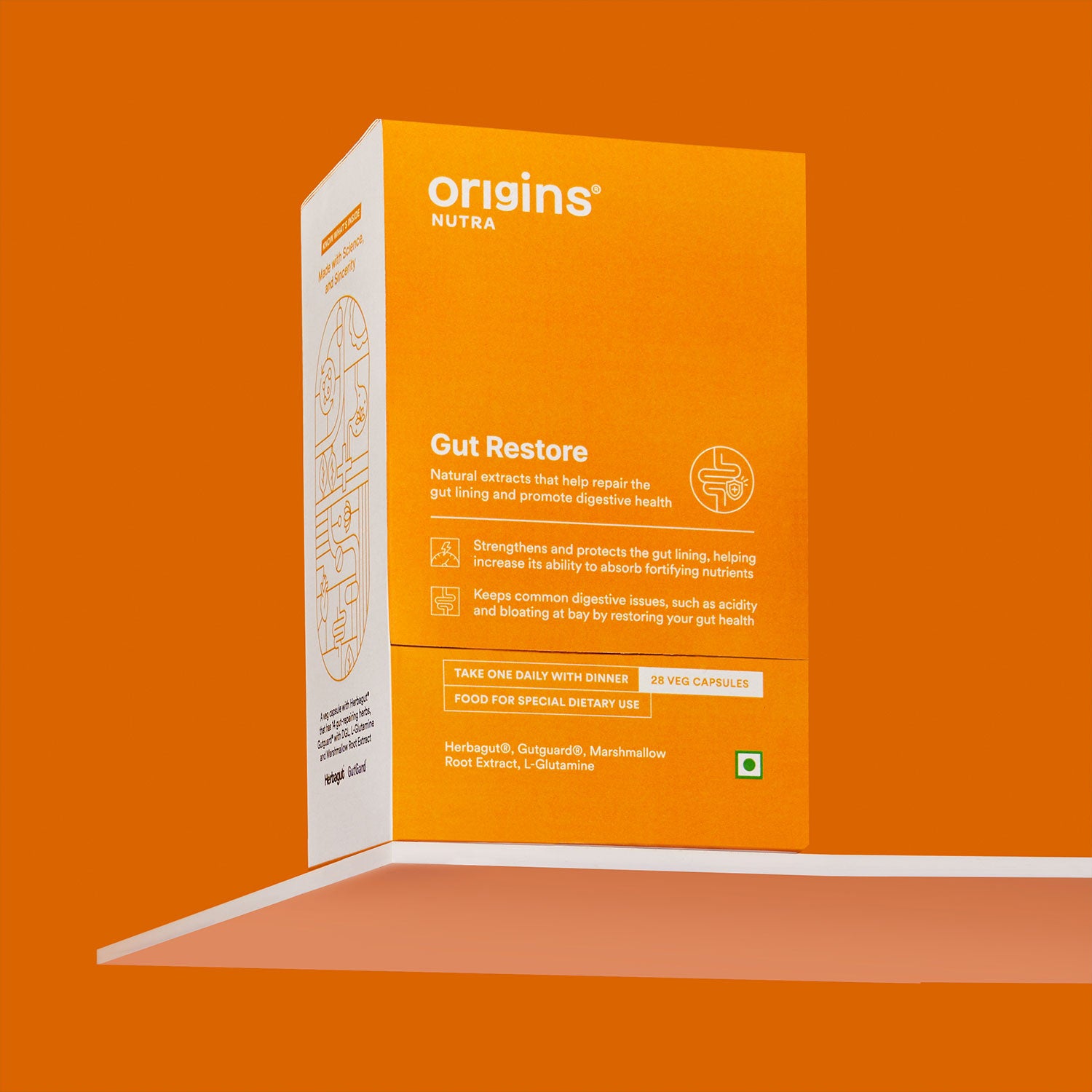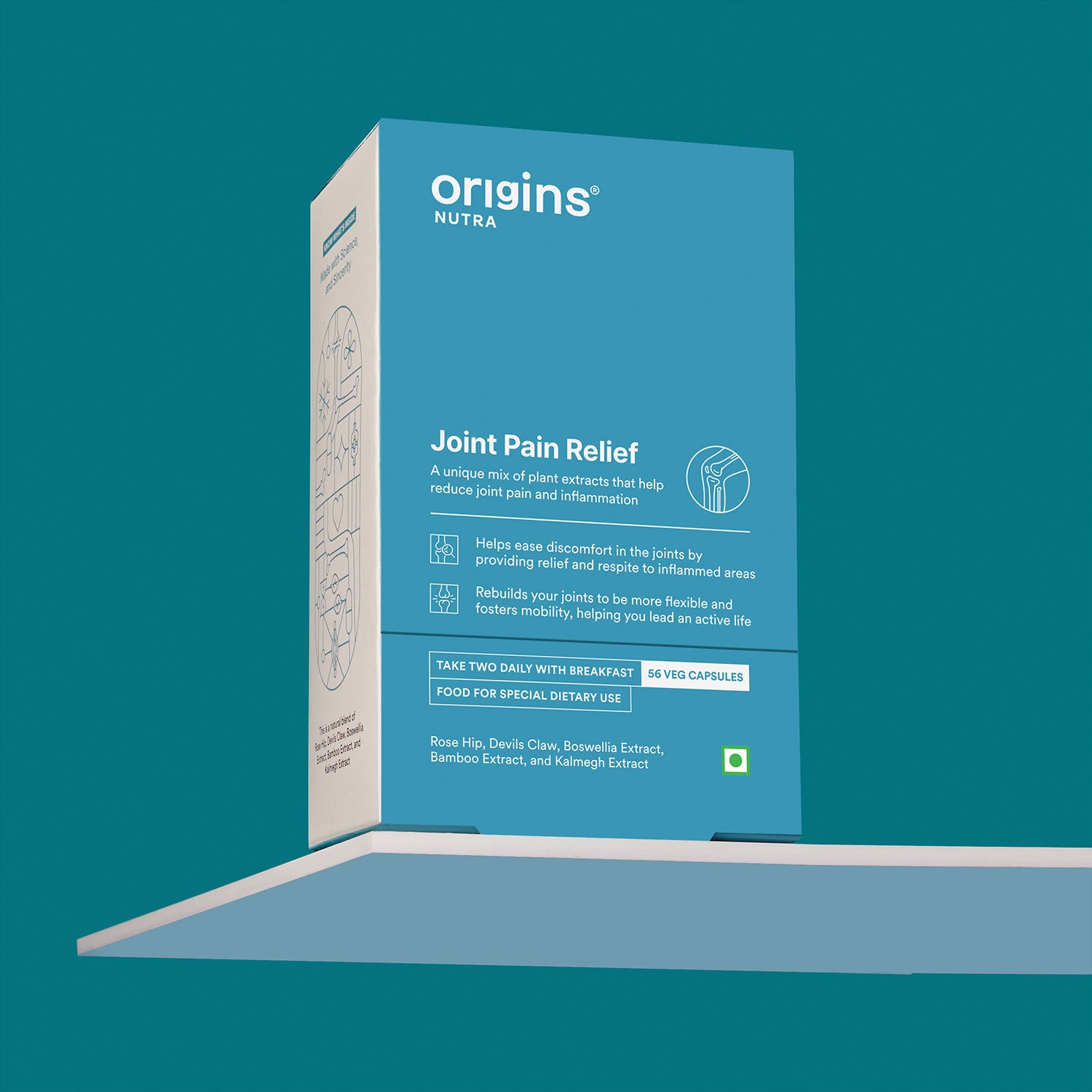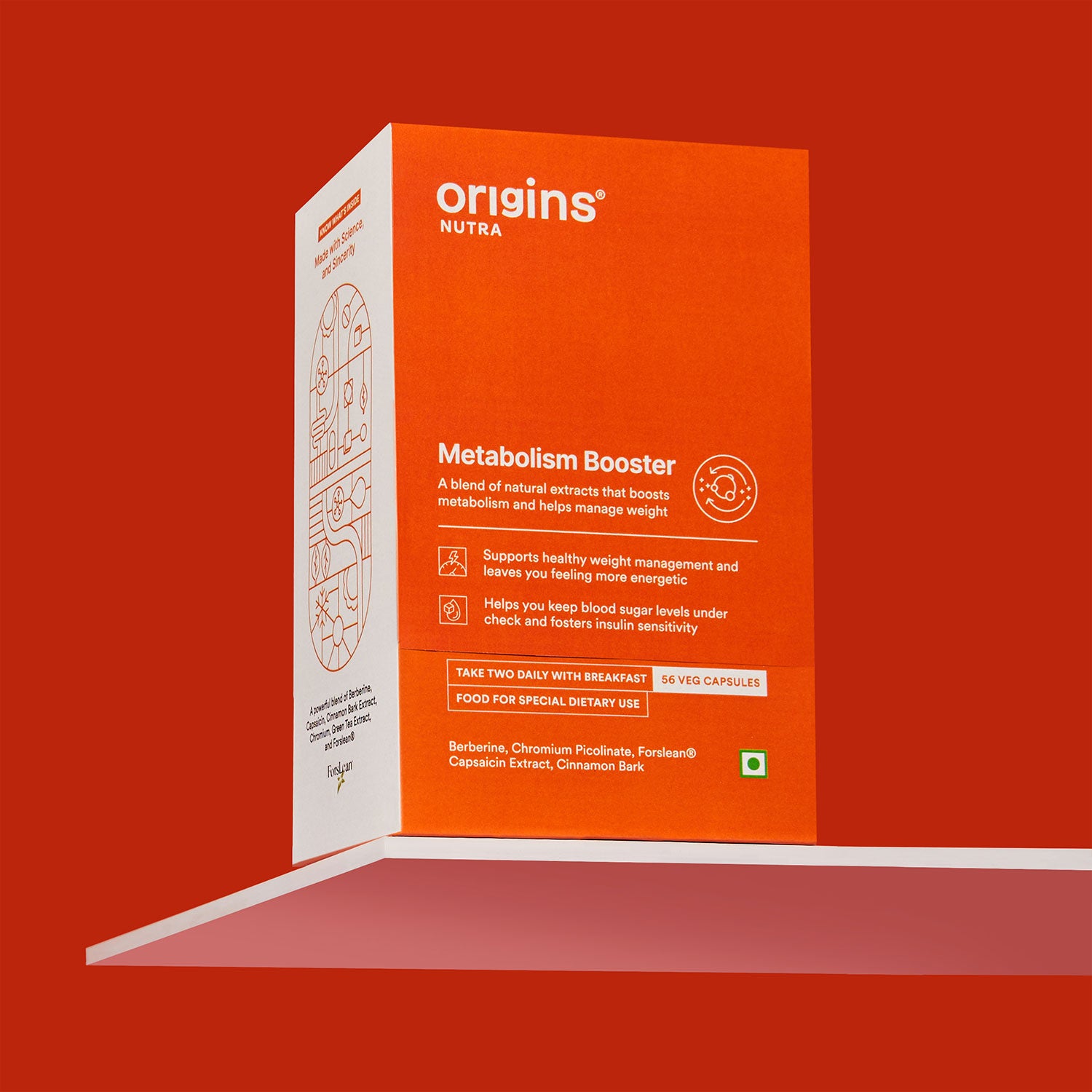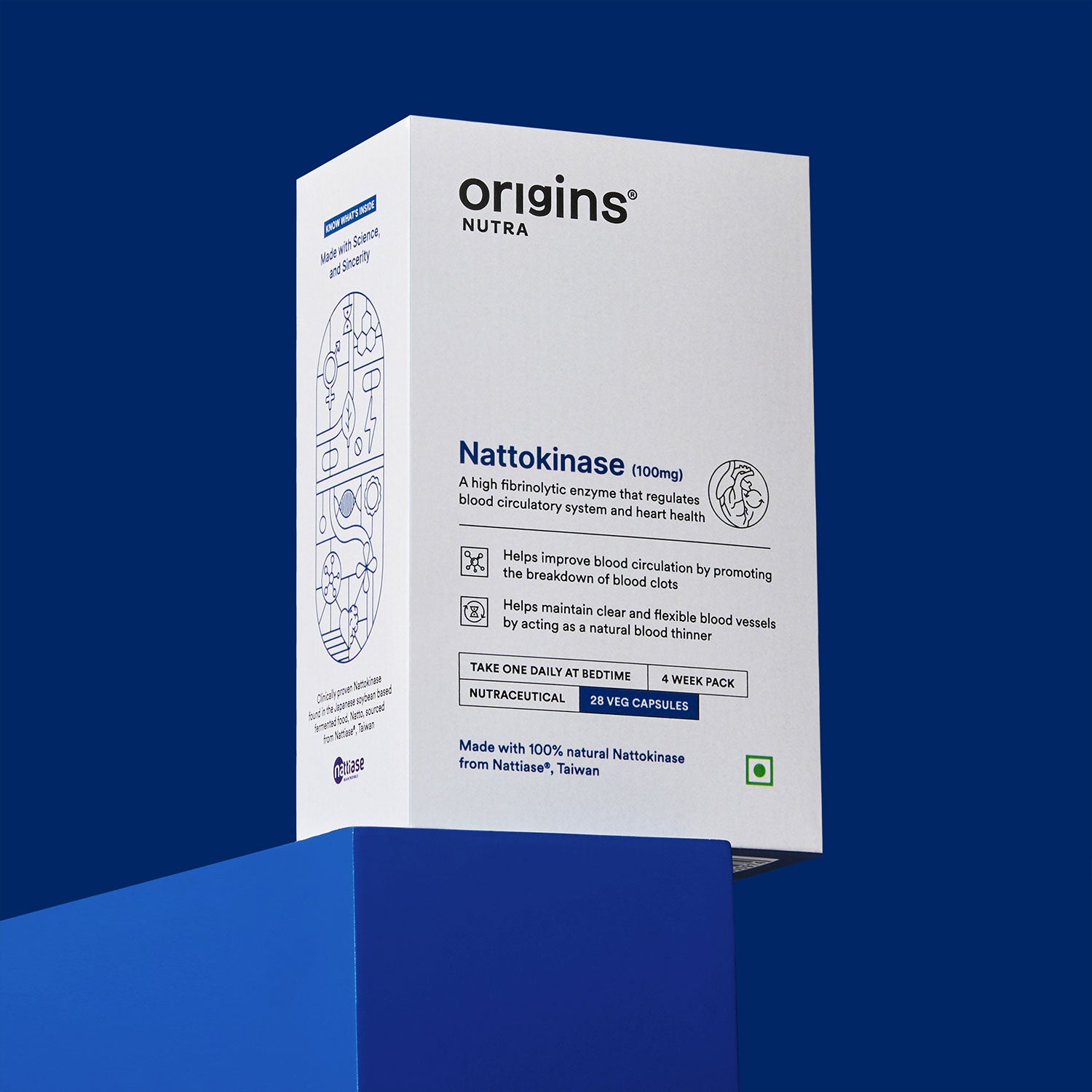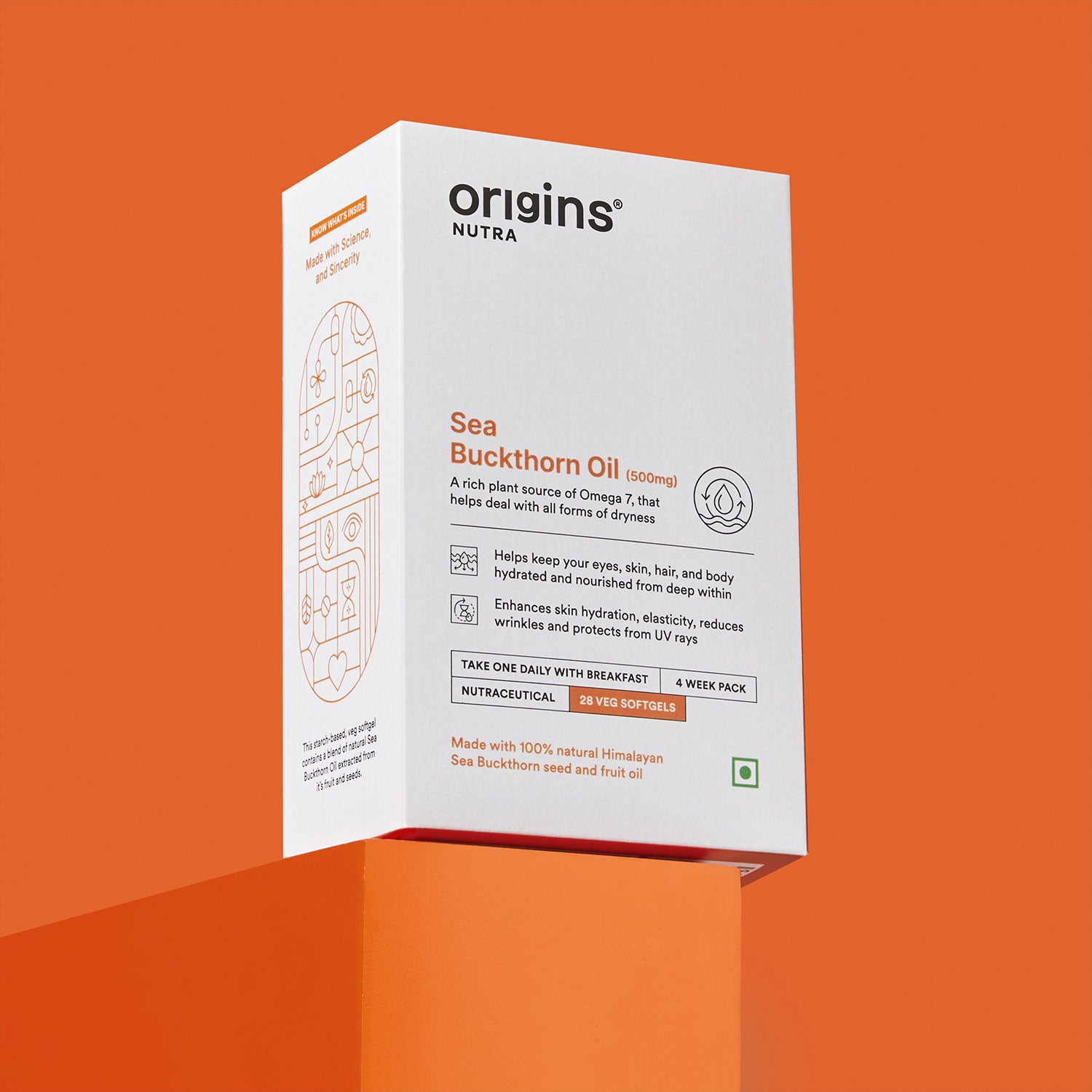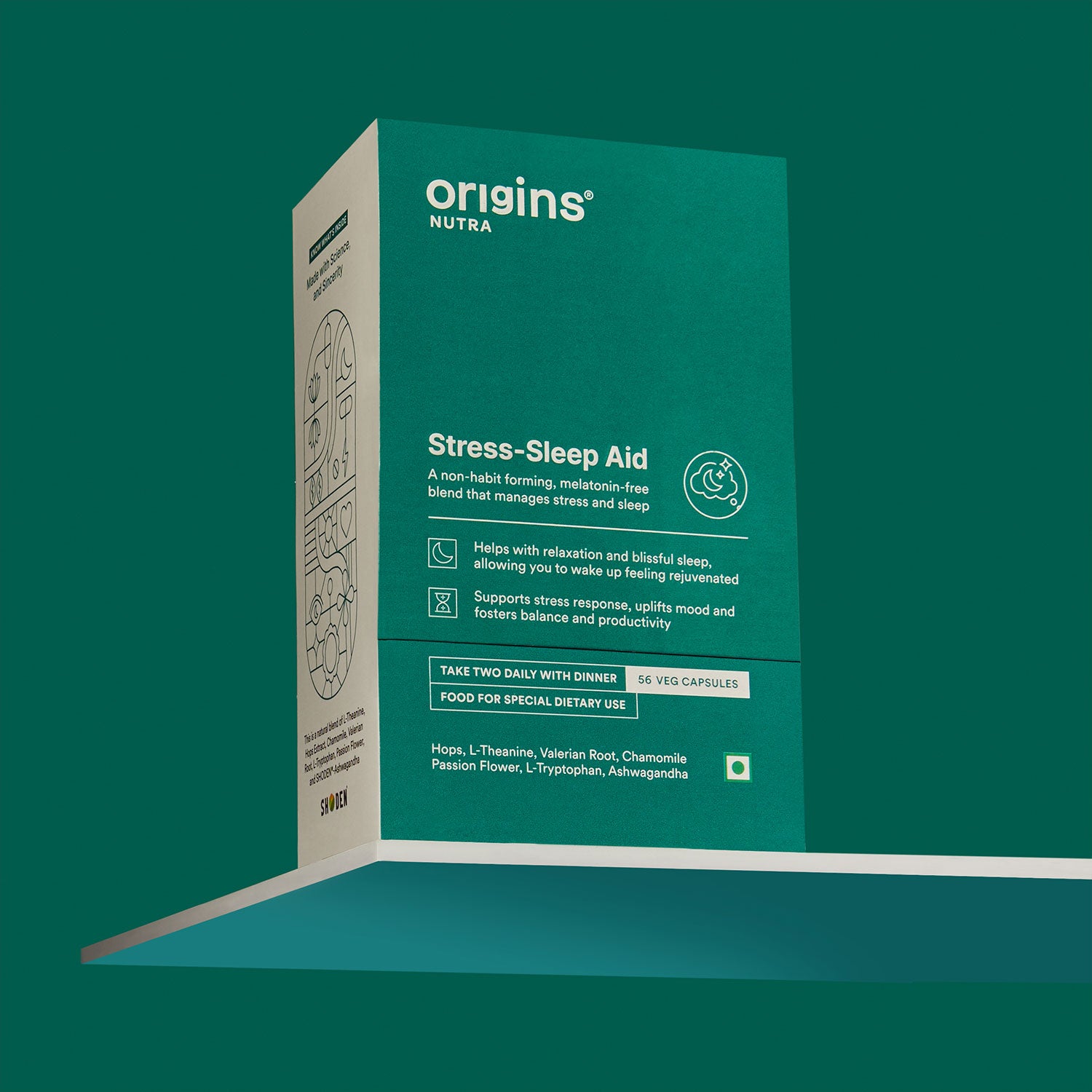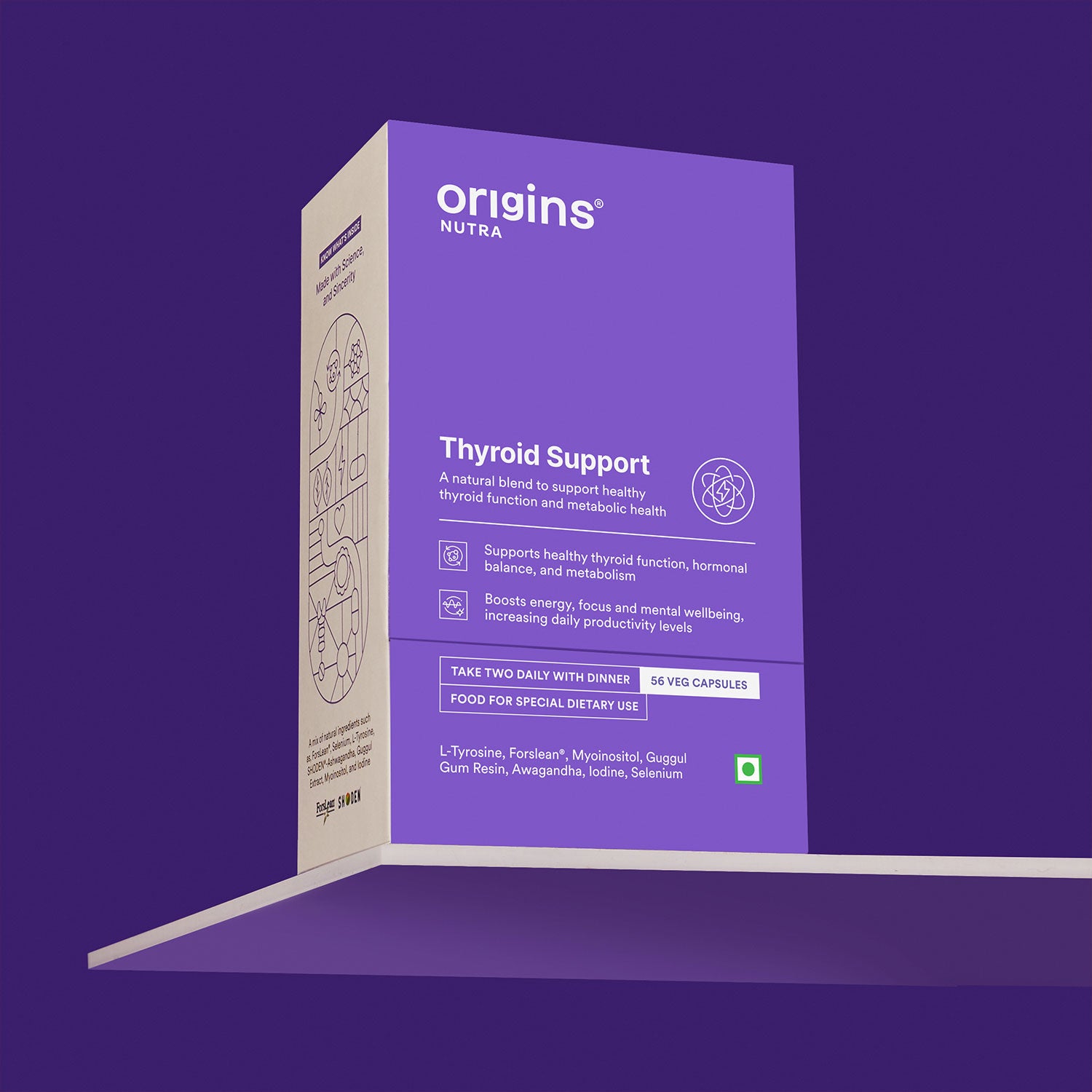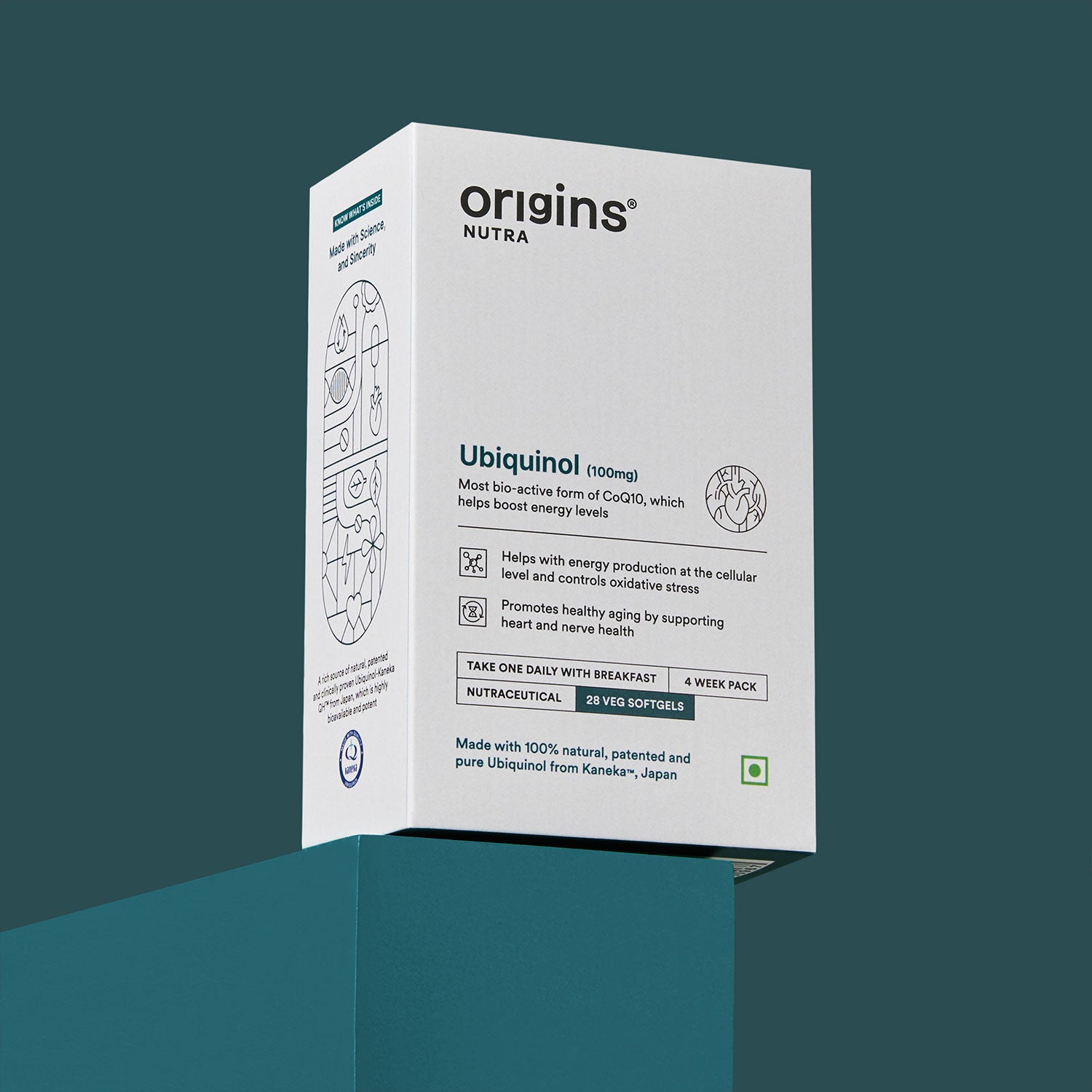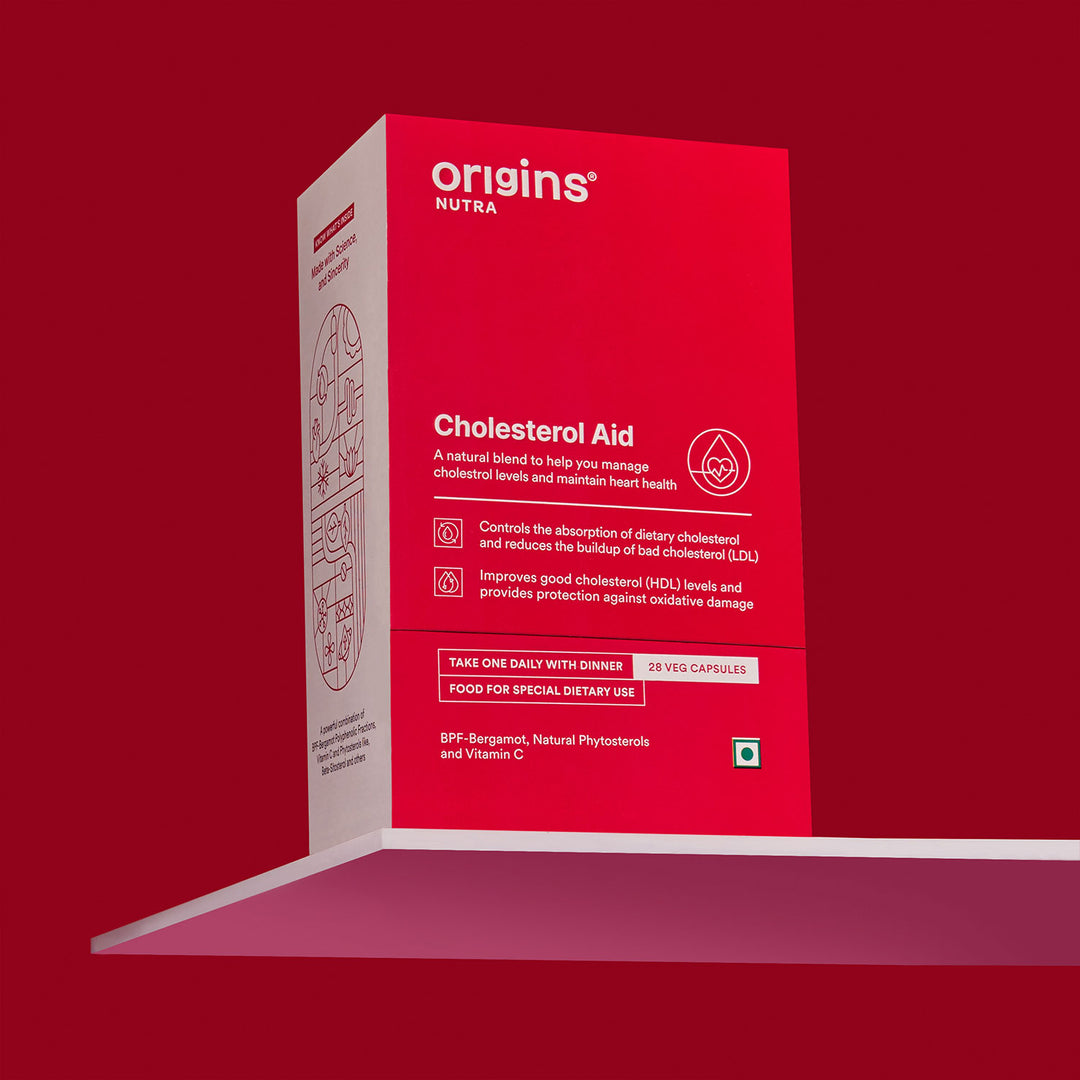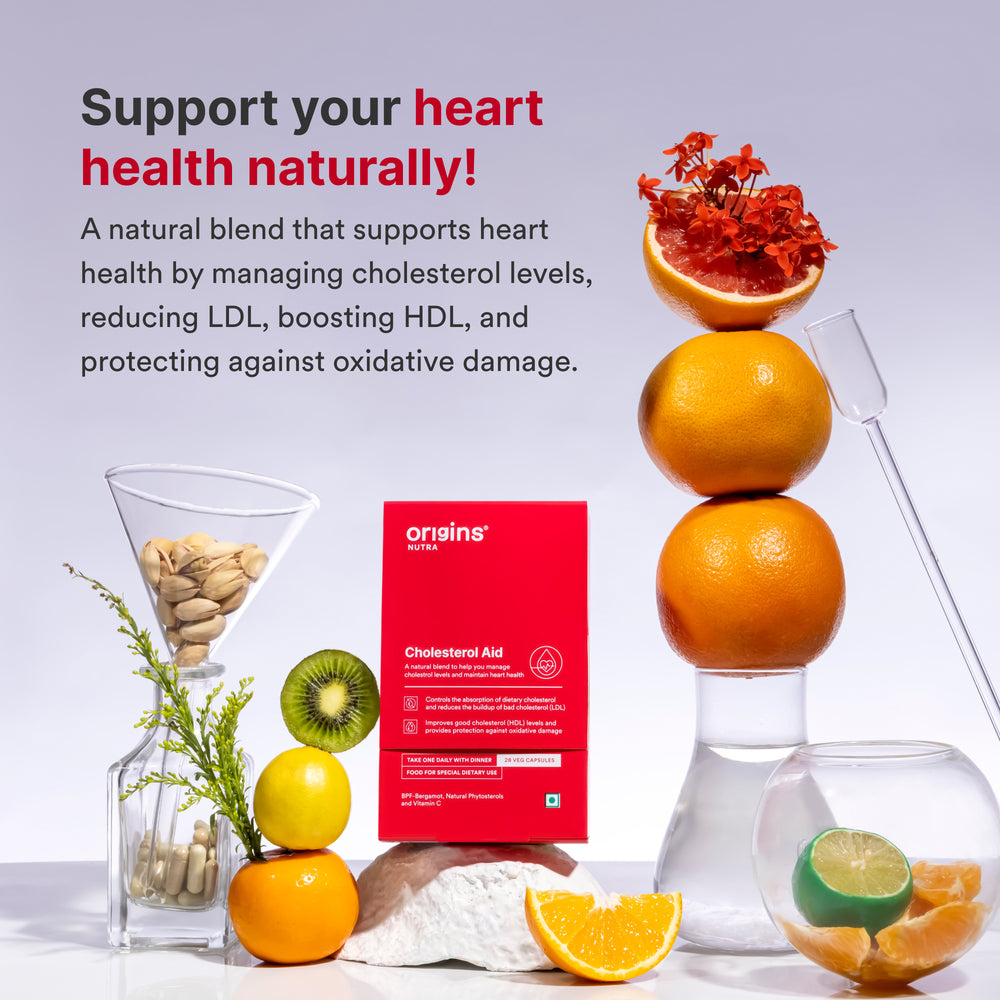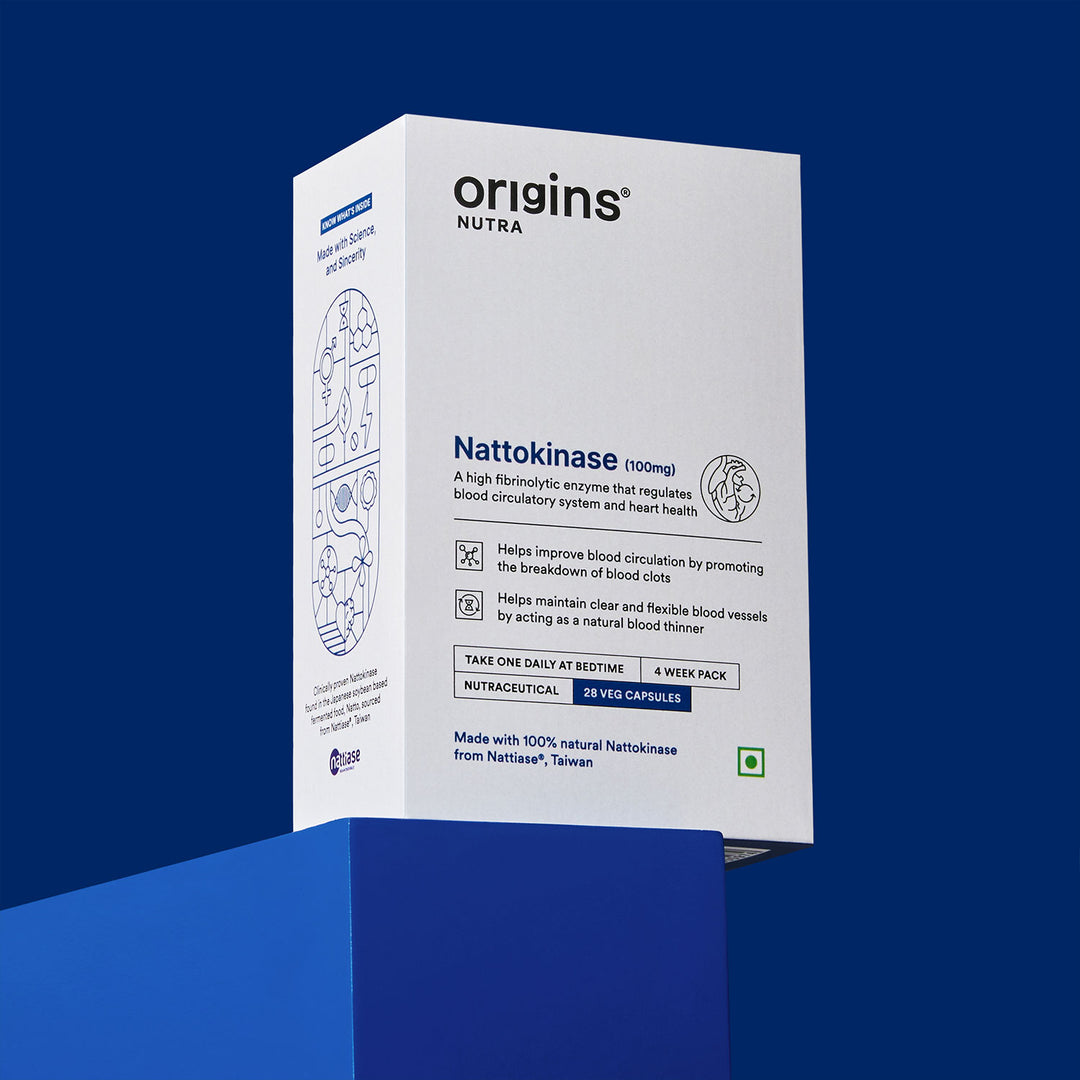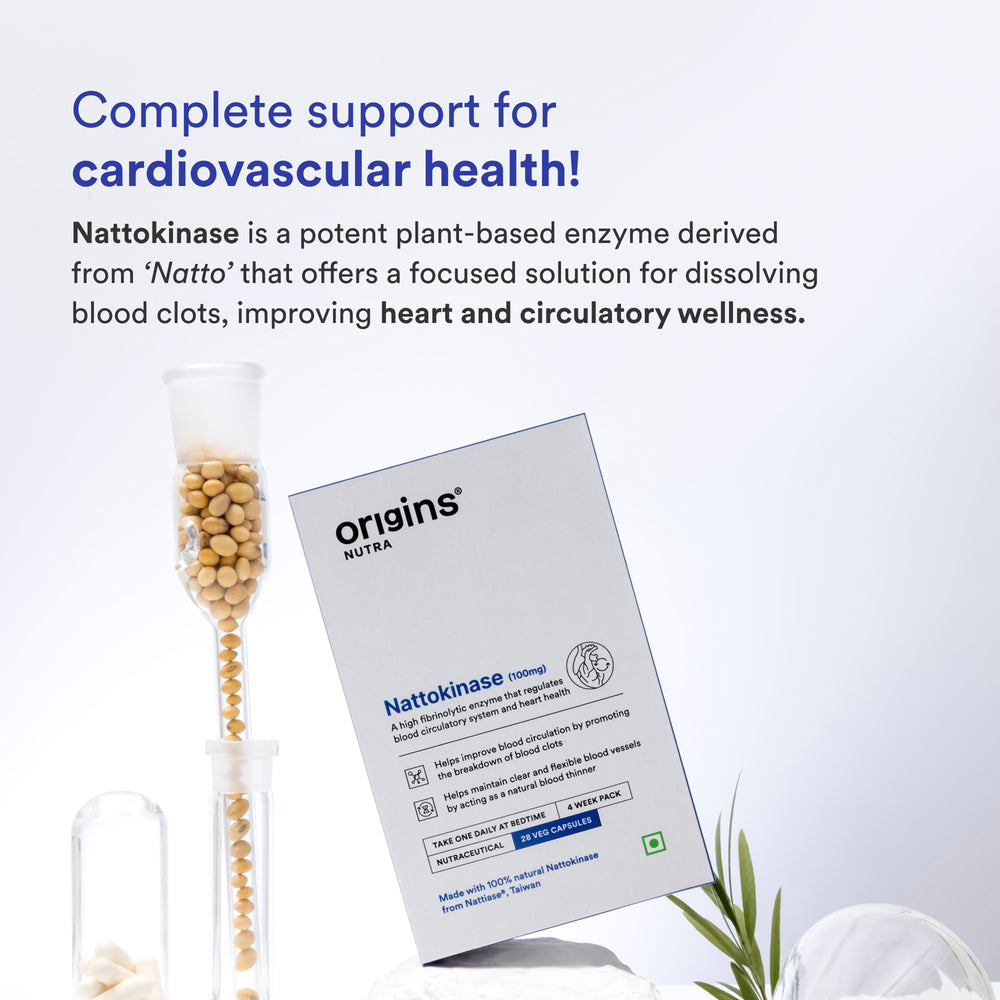Why are young people getting heart attacks?
A heart attack in your 20s? Sounds impossible—until it happens. More and more young Indians are collapsing mid-workout, mid-meeting, mid-life. What’s going wrong? What changed?
At Origins, we believe that just because something is happening more often doesn’t mean it’s normal. Heart attacks in young people? That’s not just a rare tragedy—it’s a wake-up call.
Let’s break it down, not with medical jargon, but in a way that actually makes sense. Why is this happening? And more importantly, what can you do about it?
What is a Heart Attack?
A heart attack happens when the blood flow to your heart is blocked, usually by a clot or plaque buildup in your arteries. Without enough blood, your heart starts to suffocate—and the damage begins. The scary part? You might not even see it coming. That’s why heart attacks are often called “silent killers.”
But why is this happening to young people? Let’s break it down.
1. The Stress-Heart Attack Connection: Your Mind Matters
Life today is a pressure cooker. Deadlines, expectations, the need to hustle 24/7—it's exhausting. But here’s what many don’t realize: chronic stress isn’t just a mental health issue; it’s a heart issue.
Studies show that stress-induced ischemia (when stress restricts blood flow to the heart) more than doubles the risk of heart attacks and other heart-related problems. If you already have heart disease, stress makes things even worse.
Takeaway: Stress isn't just "all in your head"—it’s in your heart too. Managing stress through relaxation, mindfulness, and setting boundaries isn’t just self-care—it’s heart care.
2. Sedentary Lifestyles: The New Smoking
Remember when kids played outside? Now, screens have taken over. Whether it's endless Netflix binges, long hours at a desk, or late-night gaming, movement has become optional.
A study tracking men over 21 years found that those who spent more than 10 hours per week sitting in a car had an 82% higher risk of dying from heart disease than those who spent less than 4 hours. Even worse, men who combined long sitting hours with other sedentary activities faced a 64% greater risk.
Takeaway: Sitting is the new smoking. Break the cycle—stand up, stretch, walk. Just 30 minutes of movement a day can dramatically lower your risk of heart disease.
3. The Ultra-Processed Diet Disaster
From protein bars to "healthy" fruit juices, we’re consuming more processed foods than ever. But here’s the truth—many of these so-called "healthy" foods are filled with hidden sugars, trans fats, and excessive sodium.
Studies show that every serving of ultra-processed food increases your risk of heart disease by 5-9%. That’s a steep price to pay for convenience.
Takeaway: Eat real food. If your grandmother wouldn’t recognize it as food, your heart probably won’t either.
4. The Indian Genetic Factor: A Double-Edged Sword
Indians have a unique problem—our genes make us more prone to heart disease.
Studies have shown that we have higher levels of lipoprotein(a) which can block arteries and increase the risk of heart attacks. On top of that, South Asians are more likely to develop diabetes at lower body weights, which further increases cardiovascular risk.
But here’s the thing—genetics aren’t a life sentence. The right habits can override your risk.
Takeaway: Regular check-ups, cholesterol screening, and blood sugar monitoring should be non-negotiable, even if you feel "too young" to worry about heart health.
5. The Rise of Smoking and Alcohol Consumption
Social smoking, weekend drinking, and vaping—what seems "casual" can be lethal.
Studies confirm that smoking increases heart attack risk in young adults. Alcohol, especially binge drinking, spikes blood pressure and weakens heart muscles over time.
Takeaway: Your habits matter. Occasional indulgence? Fine. But if you’re lighting up or drinking every weekend, your heart’s paying the price.
6. The Silent Killer: Lack of Sleep
Late-night scrolling. Netflix marathons. Work emails at 2 AM. Sleep is the first thing we sacrifice. But the cost? Your heart pays the price.
Studies found that people who sleep less than six hours a night have a higher risk of developing heart disease. Lack of sleep increases blood pressure, disrupts sugar metabolism, and elevates stress hormones.
Takeaway: Prioritize sleep like your life depends on it—because it does.
The Bottom Line: Prevention Is in Your Hands
Young heart attacks aren’t just a random trend. They’re a wake-up call. The modern lifestyle is tough on the heart, but the good news? You have the power to change this.
Small changes = Big impact

At Origins, we believe your heart deserves better. A stronger, healthier future starts with the choices you make today. So ask yourself—what will you choose?
